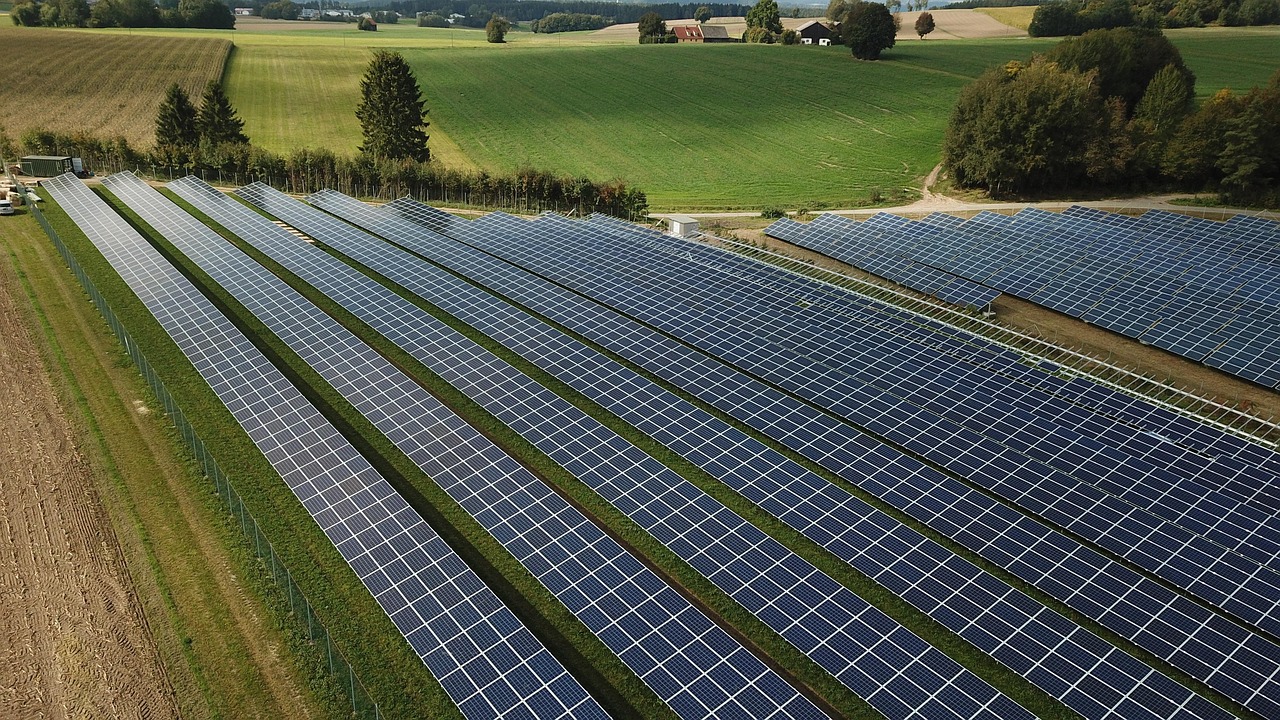Solar equipment finance involves providing financial solutions to individuals or businesses looking to purchase and install solar energy systems. This can include solar panels, inverters, batteries and other related equipment. Financing options are crucial for making solar installations more affordable, helping spread the upfront costs over time.
Key Types of Solar Equipment Financing
Specialised Solar Loans
Loans specifically designed for solar installations, often offered by solar companies or via companies like Finance@work.
Solar Leases
The solar provider installs the system and a third party financier such as FInance@Work pays the solar provider upfront. The customer pays a fixed monthly lease payment. Maintenance and repair costs are usually covered by the provider.
Power Purchase Agreements (PPAs)
Similar to leasing, but instead of a fixed lease payment, the customer pays for the power generated by the system at a predetermined rate.
Commercial Solar Financing
Options tailored for businesses, which may include operating leases, Finance leases, Chattel Mortgages or custom financing arrangements.
Government Grants and Incentives
Various federal, state, and local government incentives and tax credits can reduce the cost of solar equipment and installations, such as the Federal Investment Tax Credit (ITC).

Considerations When Choosing Solar Financing
- Interest Rates: Compare rates to ensure affordability over the long term.
- Loan Terms: Consider the length of the loan and how it affects overall cost.
- Ownership: Decide whether you want to own the solar system or if leasing/PPA makes more sense.
- Savings: Calculate potential energy savings to understand the return on investment.
- Incentives: Look into available tax credits and rebates that can reduce costs.
By selecting the right financing option, customers can make solar energy systems more accessible and cost-effective, aligning with their financial goals and energy needs.